
💚+❤️🇺🇳
I like ducks, they're fowl but not through choice.
Born 321 ppm CO₂.
https://t.co/iNxwz6cGtn ... the official home of Wardley Mapping
99 subscribers
How to get URL link on X (Twitter) App



 Me : ... from the table, if your focus is on society then your priority for investment should be measurement of health outcomes (against Patient Reported Outcome Measures) and sharing of medical data. If you're after market growth then try personalised medicine and preventative healthcare.
Me : ... from the table, if your focus is on society then your priority for investment should be measurement of health outcomes (against Patient Reported Outcome Measures) and sharing of medical data. If you're after market growth then try personalised medicine and preventative healthcare.

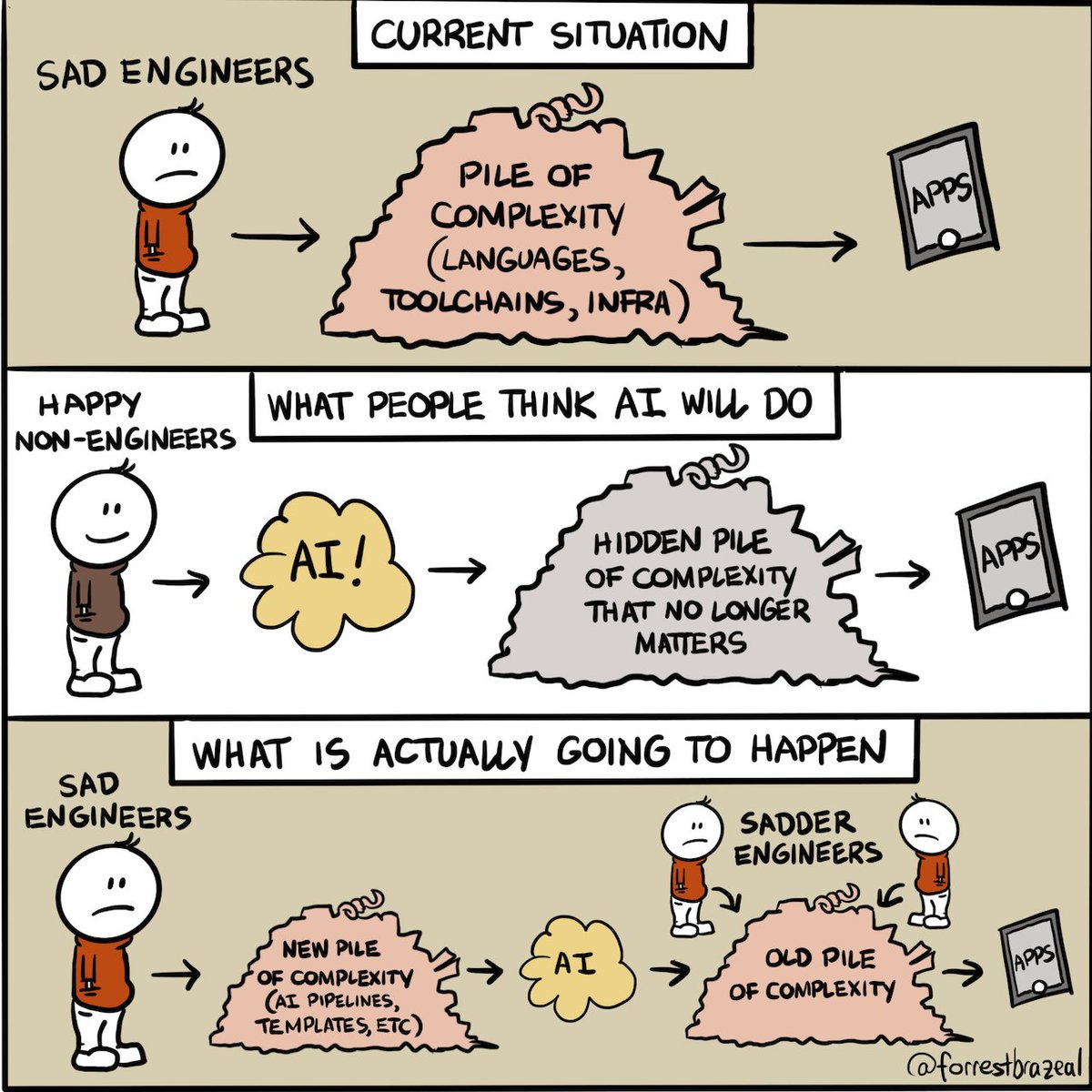
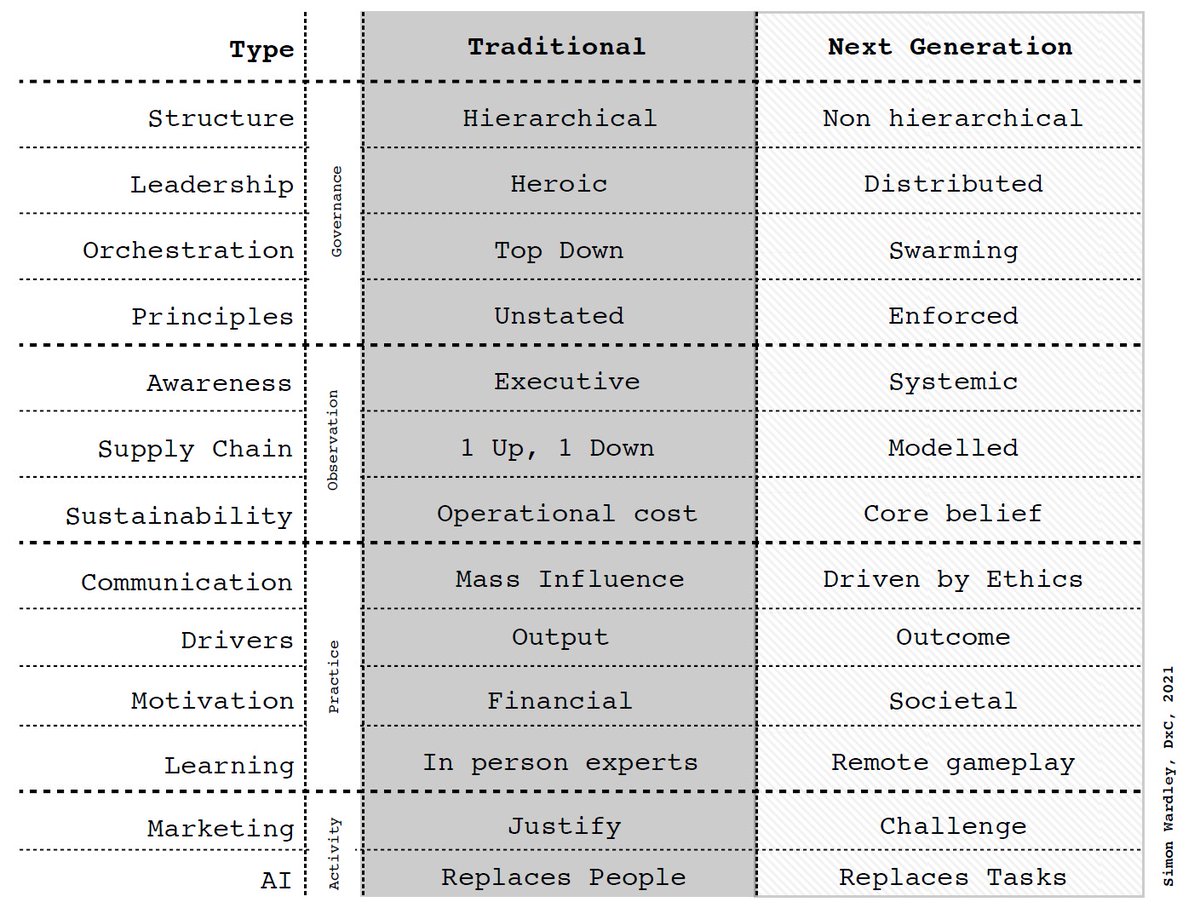




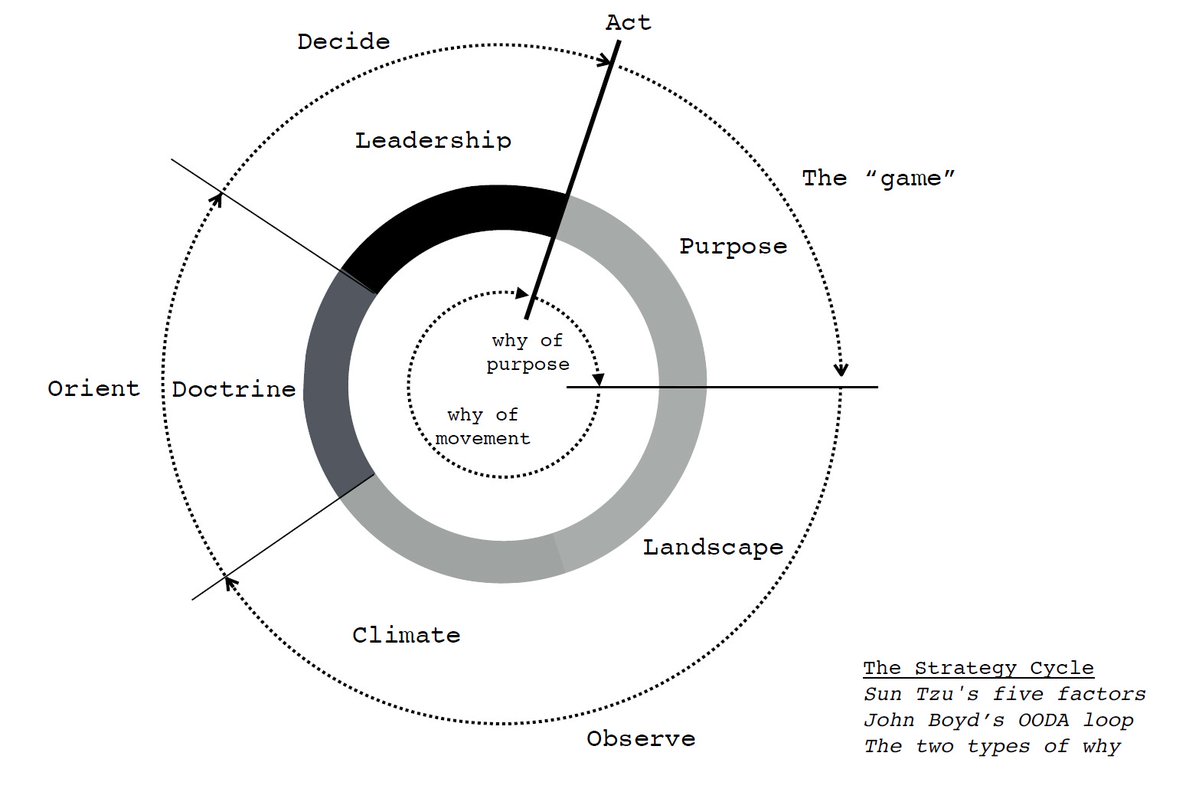


https://twitter.com/Byron_Wan/status/1771874130885005643We will be entering a phase in which the US high-tech industry (including the military complex) is highly dependent upon China, whilst China is not dependent upon the US.
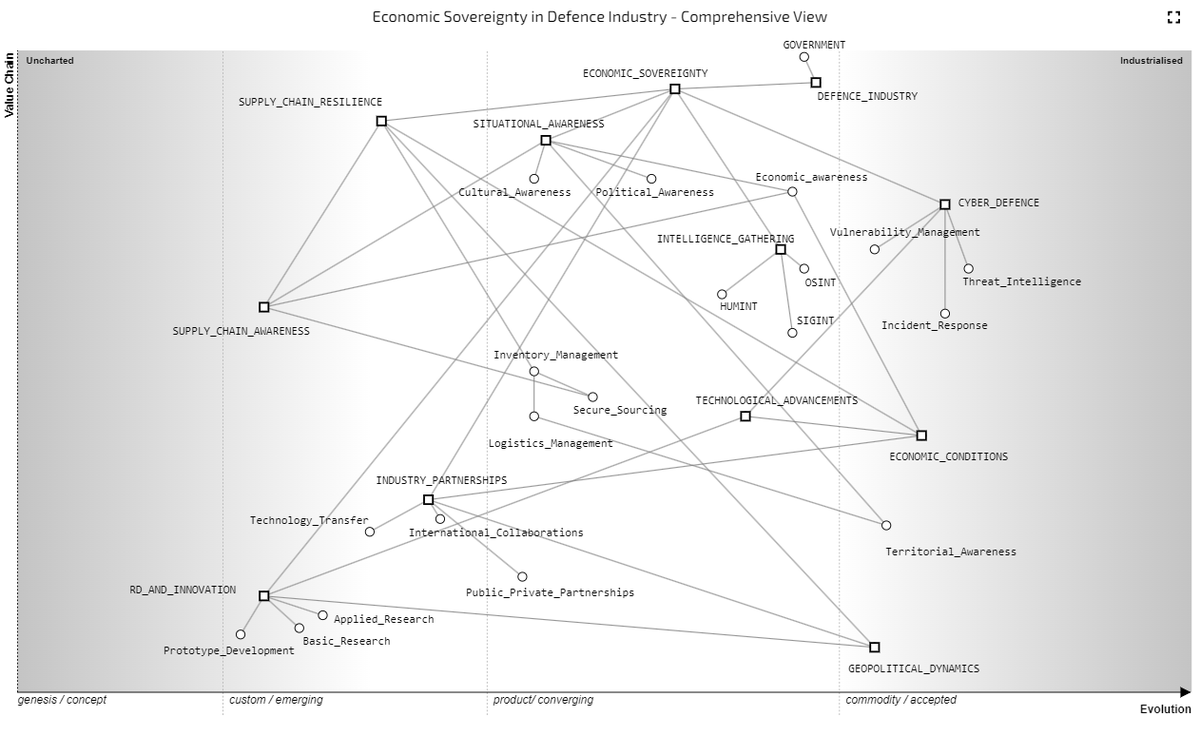
 It's not perfect but it's not bad. There's more I want to interrogate Claude over ... i.e. the link to secure sourcing, the positioning of some components etc. But it's almost good enough that I can start a discussion over strategy and investment.
It's not perfect but it's not bad. There's more I want to interrogate Claude over ... i.e. the link to secure sourcing, the positioning of some components etc. But it's almost good enough that I can start a discussion over strategy and investment.


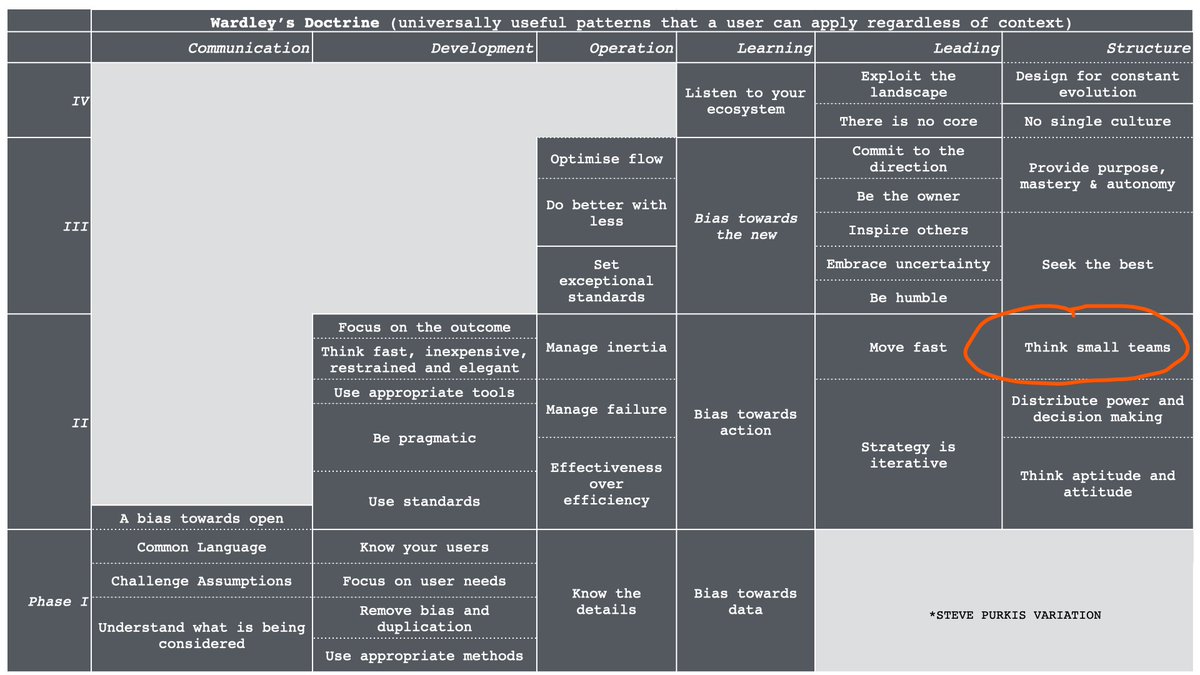 Me: You really want to get the basics done first, like understanding your users, their needs, the components involved, etc.
Me: You really want to get the basics done first, like understanding your users, their needs, the components involved, etc.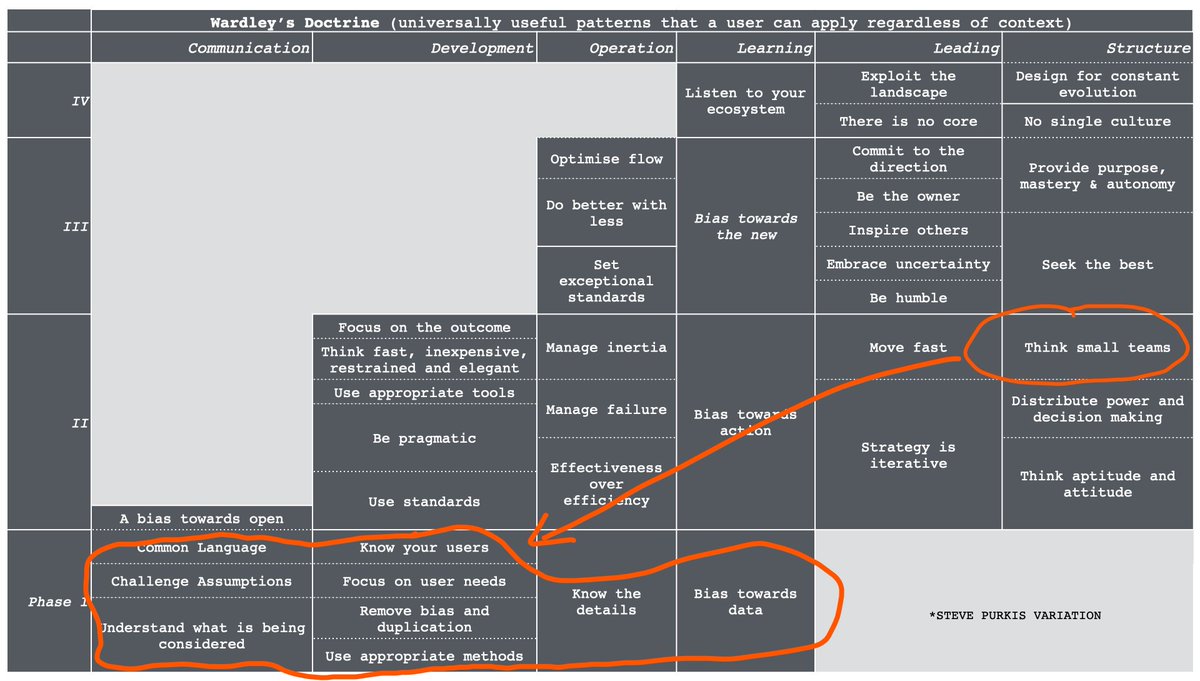




https://twitter.com/andrewmichta/status/1741477585085665507In other words, when the ruling power (and its agency) is under threat then the tendency is to double down on "threat from others", that sense of belonging to a collective (which has mostly been ignoring you) and concerns over safety ->

https://twitter.com/ThierryBreton/status/1733256557448630344btw ... minor quibble. China's generative AI laws came out on the 15th of August.